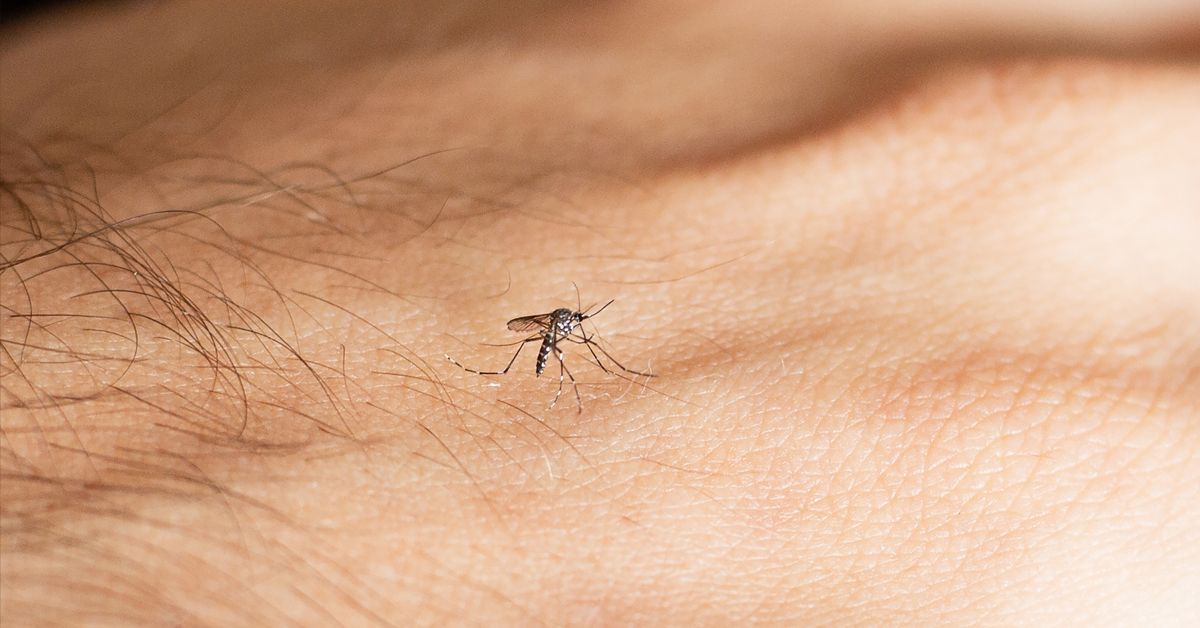Dengue Fever Cases on the Rise in the United States as CDC Issues Alert
Dengue Fever Cases on the Rise in the United States as CDC Issues Alert
Essential Information
The Centers for Disease Control and Prevention (CDC) has alerted healthcare professionals and public health officials in the United States regarding a notable increase in dengue fever cases worldwide. This disease, which can be serious and potentially fatal, is transmitted by the Aedes mosquito.
Symptoms and Mode of Transmission
The symptoms of dengue fever can vary based on the severity of the illness. Mild cases may present with a sudden onset of fever reaching approximately 104°F (40°C), accompanied by one or more of the following symptoms: headache, muscle and joint pain, and rash. These symptoms typically last from 2 to 7 days, with most individuals recovering within a week. The fever generally persists for a minimum of 24 hours and may experience a resurgence.
Severe cases, which account for between 0.5% and 5% of all instances, can pose significant health risks and may be life-threatening.
In severe cases, the fever typically falls to 99.5 to 100.4°F (37.5 to 38°C), and additional symptoms include:
- Severe abdominal pain
- Vomiting
- Severe bleeding
- Difficulty breathing
Prevention and Treatment
- Using mosquito repellent
- Wearing protective clothing
- Eliminating standing water around homes and communities
- Screening windows and doors
Individuals visiting regions where dengue fever is prevalent face a significant risk of exposure. The Advisory Committee on Immunization Practices advises the administration of the dengue vaccine, Dengvaxia, to children aged 9 to 16 who have previously been confirmed to have had a dengue virus infection and reside in areas with high or ongoing dengue transmission.
Expert Insights
Dr. David Cutler, MD, a board-certified family medicine physician at Providence Saint John’s Health Center in Santa Monica, CA, emphasizes the importance of supportive care and controlling fever, preventing dehydration, and restricting disease spread through mosquito control.
Dr. Jessica Tuan, MD, an infectious diseases specialist at Yale Medicine, notes that traveling to areas where dengue is most prominent puts people at risk for exposure. She recommends taking measures to prevent mosquito bites and getting vaccinated if recommended.
Dr. James Shepherd, MD, an infectious diseases specialist at Yale Medicine, suggests that finding an antiviral medication might be possible as the CDC expects more cases of dengue due to rising global temperatures.
Conclusion
Dengue fever is a serious and potentially life-threatening disease that requires immediate attention and action. The CDC’s warning serves as a reminder of the importance of taking measures to prevent mosquito bites and controlling the spread of the disease. As global temperatures continue to rise, it is crucial that we work together to prevent and treat dengue fever.
FAQs
Q: What is dengue fever?
A: Dengue fever is a severe and potentially fatal illness spread by the Aedes mosquito..
Q: What are the symptoms of dengue fever?
A: Mild symptoms may include a sudden fever, headache, muscle and joint pain, and rash. Severe symptoms may include severe abdominal pain, vomiting, severe bleeding, and difficulty breathing.
Q: How can I prevent mosquito bites?
A: Use mosquito repellent, wear protective clothing, eliminate standing water around homes and communities, and screen windows and doors.
Q: Who is at risk for dengue fever?
A: Anyone bitten by a mosquito carrying the virus can catch dengue fever. However, certain groups are at higher risk, including infants under 1, pregnant people, adults over 65, and those with underlying medical conditions.



